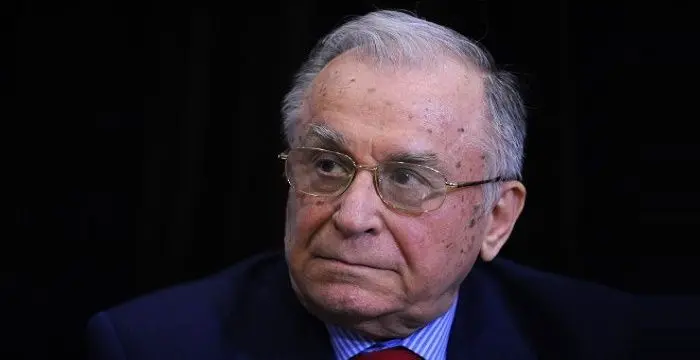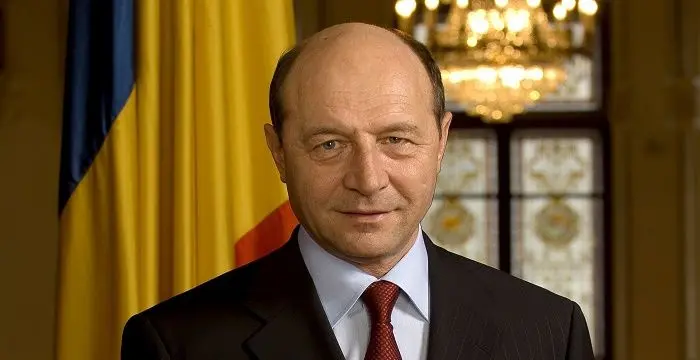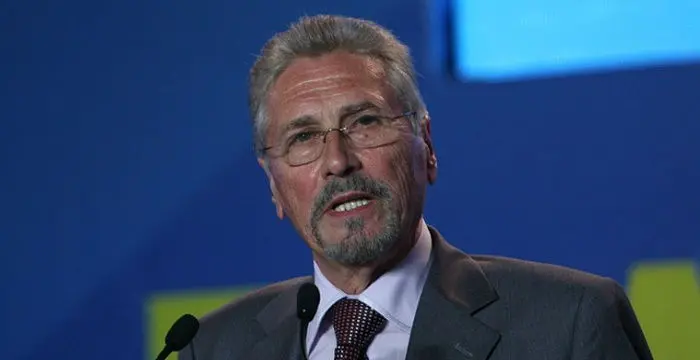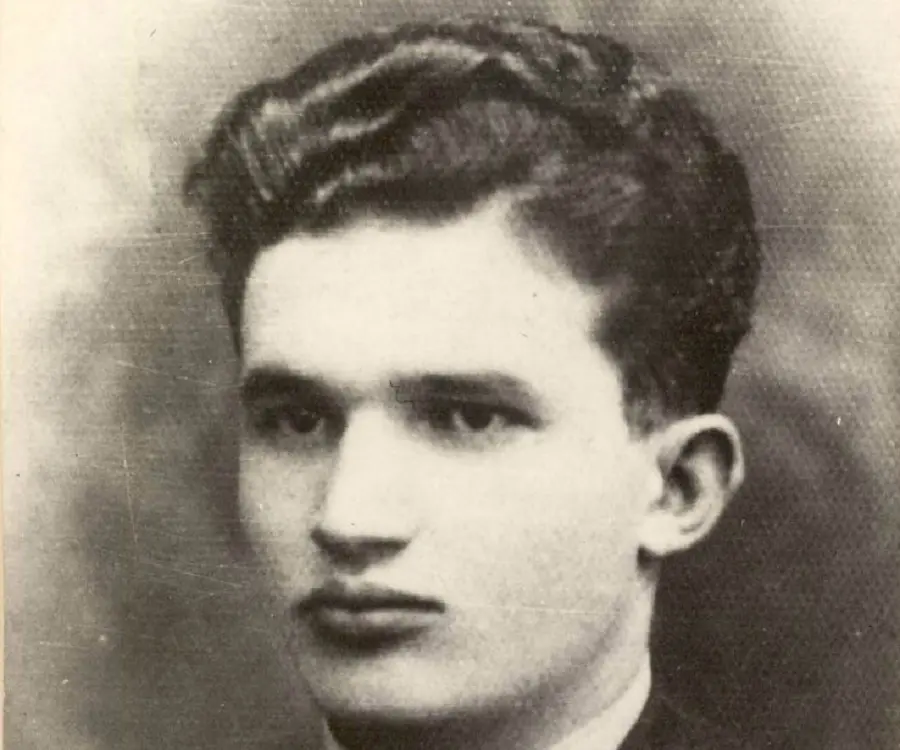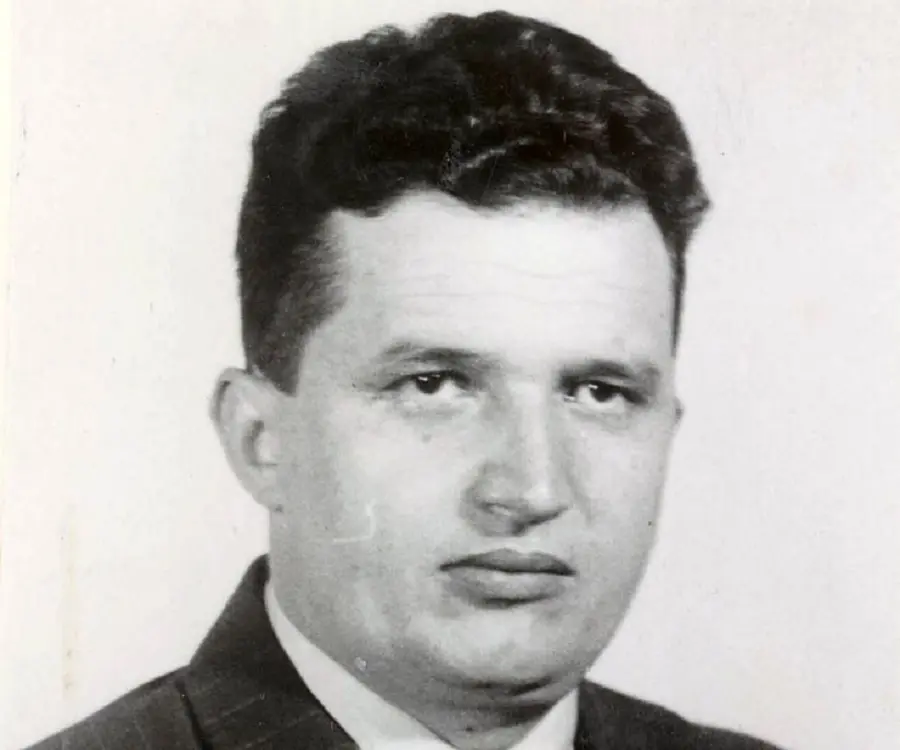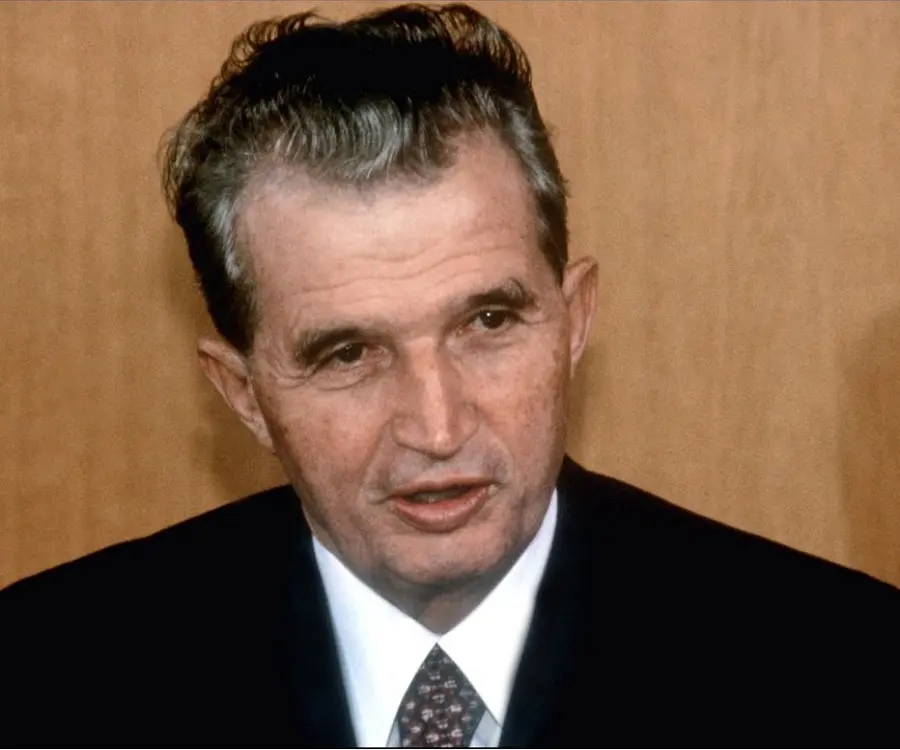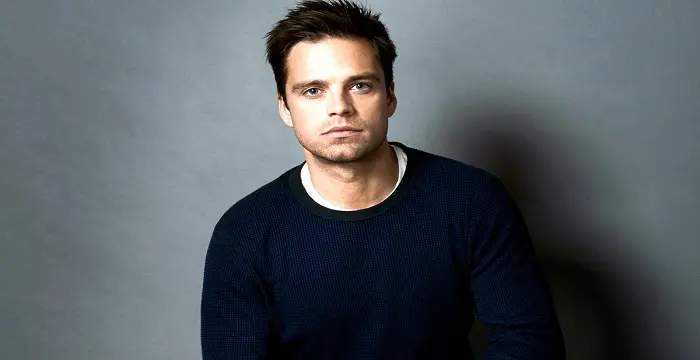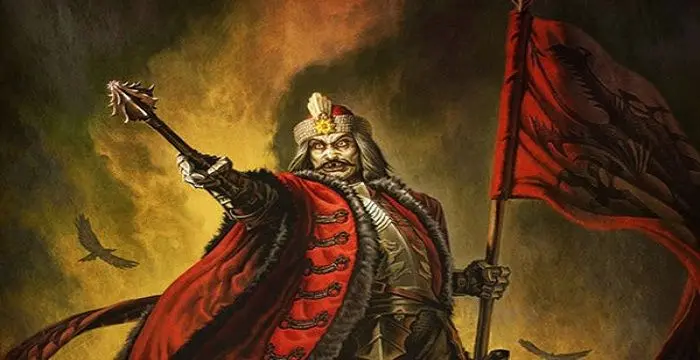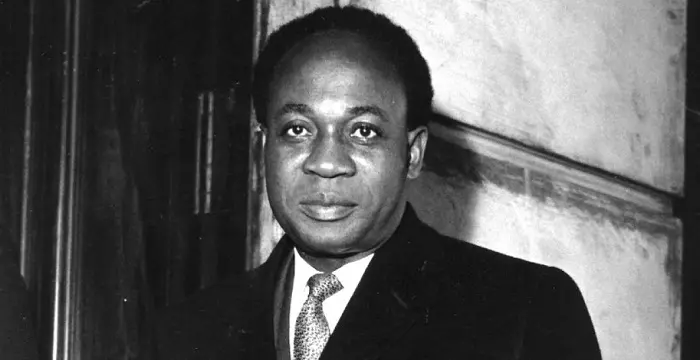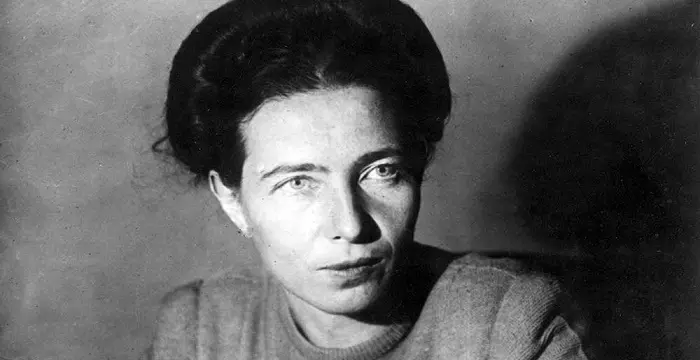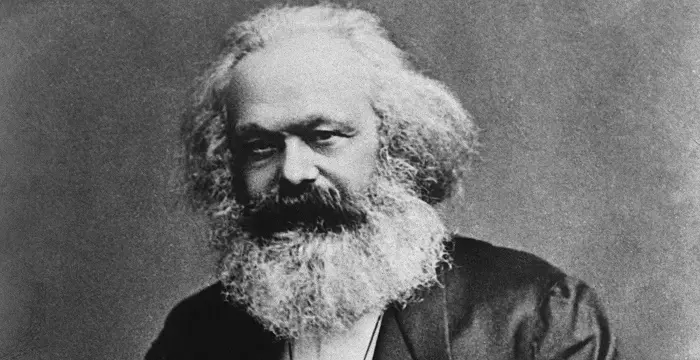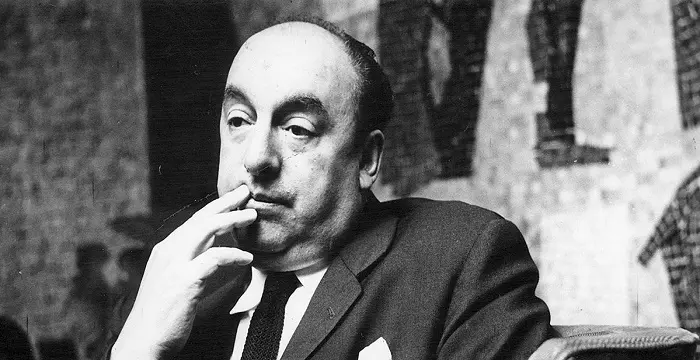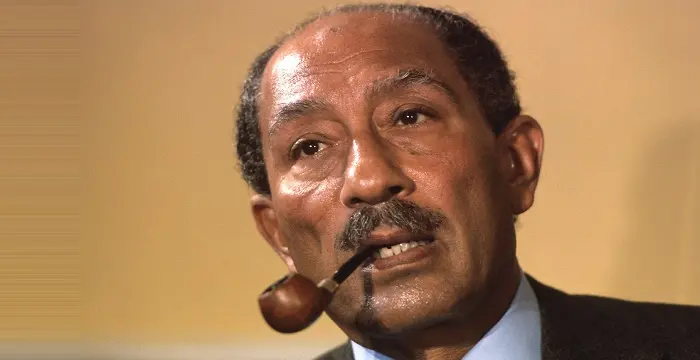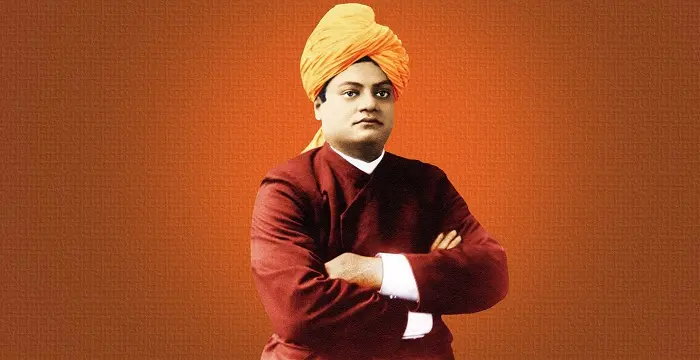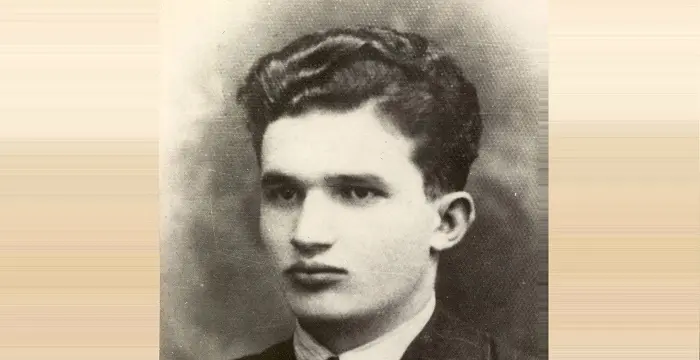
Nicolae Ceaușescu - Former President of Romania, Family and Childhood
Nicolae Ceaușescu's Personal Details
Nicolae Ceaușescu was the General Secretary of the Romanian Communist Party, Romania’s last Communist leader
| Information | Detail |
|---|---|
| Birthday | January 26, 1918 |
| Died on | December 25, 1989 |
| Nationality | Romanian |
| Famous | Communists, Leaders, Dictators, Former President of Romania, Romanian Men |
| Ideologies | Communists |
| Spouses | Elena Ceaușescu |
| Siblings | Elena Bărbulescu, Florea Ceaușescu, Ilie Ceaușescu, Ion Ceaușescu, Maria Agachi, Marin Ceaușescu, Nicolae Andruță Ceaușescu, Niculina Rusescu |
| Childrens | Nicu Ceaușescu, Valentin Ceaușescu, Zoia Ceaușescu |
| Cause of death |
|
| Birth Place | Scornicești |
| Political Ideology | Political party - Romanian Communist Party |
| Religion | Atheism, Romanian Orthodox Church |
| Gender | Male |
| Father | Andruță Ceaușescu |
| Mother | Alexandrina Ceaușescu |
| Sun Sign | Aquarius |
| Born in | Scornicești |
| Famous as | Former President of Romania |
| Died at Age | 71 |
// Famous Former President of Romania
Ion Iliescu
Ion Iliescu is a Romanian politician who twice served as the President of Romania. This biography of Ion Iliescu provides detailed information about his childhood, life, achievements, works & timeline.
Traian Băsescu
Traian Basescu is considered as a formidable political entity in Romania and the two-time President continues to work for betterment of the nation. To know more about his childhood, career, profile and timeline read on.
Emil Constantinescu
Emil Constantinescu is a Romanian politician who served as the President of Romania from 1996 to 2000. This biography of Emil Constantinescu provides detailed information about his childhood, life, achievements, works & timeline.
Nicolae Ceaușescu's photo
Who is Nicolae Ceaușescu?
Nicolae Ceaușescu was a Romanian Communist politician who served as the General Secretary of the Romanian Communist Party. He became the leader of Romania in 1965 and ruthlessly ruled over the country for more than two decades before he was overthrown and killed in a revolution. Though the initial years of his regime were moderate, he grew increasingly brutal and dictatorial over the years casing great distress to the citizenry who longed for freedom and peace. Under his administration, media freedom was heavily curtailed and there was no tolerance for internal dissent. In fact, the condition of the common people had deteriorated so much that they did not even have access to basic amenities like nutritious food, medicinal facilities, fuel or education. As someone who began his political career as a member of the Romanian Communist youth movement during the early 1930s, Nicolae Ceaușescu rose up through the ranks in Gheorghe Gheorghiu-Dej's Socialist government. When Gheorghiu-Dej died in 1965, he succeeded him as the country’s leader, assuming the position of the General Secretary of the Romanian Communist Party. His brutal rule gave rise to violent uprisings throughout the country leading to the Romanian Revolution of 1989 which culminated in the execution of Ceaușescu
// Famous Romanian Men
Sebastian Stan
Sebastian Stan is a Romanian-American actor. Check out this biography to know about his childhood, family life, achievements and fun facts about his life.
Vlad the Impaler
Vlad the Impaler or Vlad Dracula was a 15th-century voivode (or prince) of Wallachia. Check out this biography to know about his birthday, childhood, family life, achievements and other facts about him.
Kwame Nkrumah
Kwame Nkrumah was the first president and first Prime Minister of Ghana after nation’s independence from British rule. This biography provides detailed information on his childhood, life, career, achievements and timeline.
Childhood & Early Life
Nicolae Ceaușescu was born on 26 January 1918 in the village of Scornicești, Olt County. His father, Andruță Ceaușescu was a farmer who also worked as a tailor in his spare time to supplement his income; he was also an abusive alcoholic. Nicolae was one of the ten children in his family.
He received his primary education from the village school where he studied until he was 11. Tired of his abusive father, he ran away from home and went to live with his sister.
As a teenager, he became an apprentice shoemaker in the workshop of Alexandru Săndulescu. His master was an active member in the Communist Party which was then illegal. Soon Ceaușescu too became involved in the activities of the Communist Party which he joined in 1932.
Career
His involvement in the party’s activities increased manifold over the years and by the mid-1930s he had been arrested numerous times and had participated in missions in Bucharest, Craiova, Câmpulung, and Râmnicu Vâlcea.
By this time he was named "a dangerous Communist agitator" and "distributor of Communist and antifascist propaganda materials" and was convicted by the Brașov Tribunal to two years in prison, an additional six months for contempt of court, and one year of forced residence in Scornicești in 1936.
He was released in 1940 though he was arrested again and sentenced for "conspiracy against social order". After spending time in prisons at Jilava, and Văcărești, he was transferred to Târgu Jiu internment camp where he shared a cell with Gheorghe Gheorghiu-Dej, a well-known communist activist who took Nicolae Ceaușescu as his protégé.
He served as the secretary of the Union of Communist Youth in 1944–45 after the World War II.
In 1947, Gheorghiu-Dej and Prime Minister Petru Groza forced King Michael to abdicate, and Gheorghiu-Dej seized power in Romania. He appointed Ceaușescu as the head of the ministry of agriculture.
Being a trusted associate of the leader, he was promoted to the post of a major-general and he became the deputy minister of the armed forces under the Gheorghiu-Dej regime.
He became a member of the Central Committee in 1952, again at the behest of his mentor. By 1954 he became a full member of the Politburo and eventually rose to occupy the second-highest position in the party hierarchy, holding important posts in the Politburo and the Secretariat.
Gheorghiu-Dej died on 19 March 1965, leading to internal conflicts within the Politburo regarding the succession to leadership. Three days after Gheorghiu-Dej's death, Nicolae Ceaușescu was elected General Secretary of the Romanian Communist Party.
Upon assuming power he declared the country a socialist republic rather than a people's republic. Within two years, he consolidated his power and became the President of the State Council, thereby becoming the de jure head of state.
Initially he became popular for openly challenging the dominance of the Soviet Union over Romania and for his independent foreign policy. He eased press censorship and ended Romania's active participation in the Warsaw Pact.
In 1974, he elevated the presidency of the State Council to a full-fledged executive presidency, thus creating the office of President. First elected to this post in 1974, he would be reelected every five years until 1989.
During the 1980s his popularity began to wane as he became increasingly dictatorial and implemented policies that severely restricted the personal freedom of the people. His export policies led to domestic shortages of basic necessities like food, medicines, and fuel and the living conditions of the Romanians declined considerably.
Soon the citizens began to rebel against his repressive regime, giving rise to the Romanian Revolution in 1989. The violent revolution finally succeeded in overthrowing his government in December the same year.
Personal Life & Legacy
He met Elena Petrescu in 1940 and was immediately attracted to her. She too reciprocated his feelings but their relationship was interrupted by Ceaușescu's frequent stints in prison. The couple ultimately got married in 1946 and had three children. Elena would play a significant role in her husband’s political life and the two would remain deeply in love till the very end.
After the collapse of his regime, Nicolae Ceaușescu and his wife Elena fled the capital with Emil Bobu and Manea Mănescu in a helicopter. But they were captured and tried before a kangaroo court convened on orders of the National Salvation Front, Romania's provisional government. Both Nicolae and Elena were sentenced to death and were executed by a gathering of soldiers on 25 December 1989.
// Famous Communists
Simone de Beauvoir
Simone de Beauvoir was an eminent French writer, intellectual, activist, and philosopher. This biography profiles her childhood, life, thoughts, achievements and timeline.
Karl Marx
Karl Marx was a Prussian-German philosopher, revolutionary, historian and socialist whose communist ideologies and works laid the foundation for ‘Marxism’. Explore this biography to learn more about his childhood, life achievements, works & timeline.
Pablo Neruda
Pablo Neruda was a Chilean poet, politician and Nobel laureate. Go through this biography to learn more about his profile, childhood, life and timeline.
Nicolae Ceaușescu's awards
| Year | Name | Award |
|---|---|---|
Other | ||
| 0 | Olympic Order - 1984 | |
| 0 | Order of the Southern Cross - 1975 | |
| 0 | Order of the October Revolution - 1983 | |
| 0 | Order of the Liberator General San Martín - 1974 | |
| 0 | Grand Cross Special Class of the Order of Merit of the Federal Republic of Germany - 1971 | |
| 0 | Decoration of Honour for Services to the Republic of Austria - 1969 | |
| 0 | Order of Saint James of the Sword - 1975 | |
| 0 | jubilee medal thirty years of victory in the great patriotic war 1941-1945 | |
| 0 | Order of Karl Marx - 1988 | |
| 0 | Order of Lenin - 1988-1973 | |
| 0 | Order of José Martí - 1973 | |
Nicolae Ceaușescu biography timelines
- // 26th Jan 1918Nicolae Ceaușescu was born on 26 January 1918 in the village of Scornicești, Olt County. His father, Andruță Ceaușescu was a farmer who also worked as a tailor in his spare time to supplement his income; he was also an abusive alcoholic. Nicolae was one of the ten children in his family.
- // 1932As a teenager, he became an apprentice shoemaker in the workshop of Alexandru Săndulescu. His master was an active member in the Communist Party which was then illegal. Soon Ceaușescu too became involved in the activities of the Communist Party which he joined in 1932.
- // 1936By this time he was named "a dangerous Communist agitator" and "distributor of Communist and antifascist propaganda materials" and was convicted by the Brașov Tribunal to two years in prison, an additional six months for contempt of court, and one year of forced residence in Scornicești in 1936.
- // 1940He was released in 1940 though he was arrested again and sentenced for "conspiracy against social order". After spending time in prisons at Jilava, and Văcărești, he was transferred to Târgu Jiu internment camp where he shared a cell with Gheorghe Gheorghiu-Dej, a well-known communist activist who took Nicolae Ceaușescu as his protégé.
- // 1940 To 1946He met Elena Petrescu in 1940 and was immediately attracted to her. She too reciprocated his feelings but their relationship was interrupted by Ceaușescu's frequent stints in prison. The couple ultimately got married in 1946 and had three children. Elena would play a significant role in her husband’s political life and the two would remain deeply in love till the very end.
- // 1944He served as the secretary of the Union of Communist Youth in 1944–45 after the World War II.
- // 1947In 1947, Gheorghiu-Dej and Prime Minister Petru Groza forced King Michael to abdicate, and Gheorghiu-Dej seized power in Romania. He appointed Ceaușescu as the head of the ministry of agriculture.
- // 1952 To 1954He became a member of the Central Committee in 1952, again at the behest of his mentor. By 1954 he became a full member of the Politburo and eventually rose to occupy the second-highest position in the party hierarchy, holding important posts in the Politburo and the Secretariat.
- // 19th Mar 1965Gheorghiu-Dej died on 19 March 1965, leading to internal conflicts within the Politburo regarding the succession to leadership. Three days after Gheorghiu-Dej's death, Nicolae Ceaușescu was elected General Secretary of the Romanian Communist Party.
- // 1974 To 1989In 1974, he elevated the presidency of the State Council to a full-fledged executive presidency, thus creating the office of President. First elected to this post in 1974, he would be reelected every five years until 1989.
- // 1989Soon the citizens began to rebel against his repressive regime, giving rise to the Romanian Revolution in 1989. The violent revolution finally succeeded in overthrowing his government in December the same year.
- // 25th Dec 1989After the collapse of his regime, Nicolae Ceaușescu and his wife Elena fled the capital with Emil Bobu and Manea Mănescu in a helicopter. But they were captured and tried before a kangaroo court convened on orders of the National Salvation Front, Romania's provisional government. Both Nicolae and Elena were sentenced to death and were executed by a gathering of soldiers on 25 December 1989.
// Famous Leaders
Edi Rama
Edi Rama is the current Prime Minister of Albania. Check out this biography to know about his childhood, life, achievements, works & timeline.
Tecumseh
Tecumseh was a Native American leader of the Shawnee clan. This biography profiles his childhood, life and timeline.
Khalifa bin Zayed Al Nahyan
Sheikh Khalifa bin Zayed Al Nahyan is the current President of the United Arab Emirates (UAE). Check out this biography to know about his birthday, childhood, family life, achievements and fun facts about him.
Anwar Sadat
Anwar Sadat was the third President of Egypt and has been awarded the Nobel Prize for his peace initiatives. To know more about his childhood, career, profile and timeline read on the following biography.
Leo Varadkar
Cam Leo Varadkar is the current Taoiseach—the Prime Minister—of the Republic of Ireland. Check out this biography to know about his childhood, family life, achievements and other facts about his life.
Swami Vivekananda
Swami Vivekananda was the chief disciple of Sri Ramakrishna, and was responsible for awakening India spiritually. Check this biography to know in detail about his life, profile and timeline.
Nicolae Ceaușescu's FAQ
What is Nicolae Ceaușescu birthday?
Nicolae Ceaușescu was born at 1918-01-26
When was Nicolae Ceaușescu died?
Nicolae Ceaușescu was died at 1989-12-25
Where was Nicolae Ceaușescu died?
Nicolae Ceaușescu was died in Târgoviște
Which age was Nicolae Ceaușescu died?
Nicolae Ceaușescu was died at age 71
Where is Nicolae Ceaușescu's birth place?
Nicolae Ceaușescu was born in Scornicești
What is Nicolae Ceaușescu nationalities?
Nicolae Ceaușescu's nationalities is Romanian
What is Nicolae Ceaușescu ideologies?
Nicolae Ceaușescu's ideologies is Communists
Who is Nicolae Ceaușescu spouses?
Nicolae Ceaușescu's spouses is Elena Ceaușescu
Who is Nicolae Ceaușescu siblings?
Nicolae Ceaușescu's siblings is Elena Bărbulescu, Florea Ceaușescu, Ilie Ceaușescu, Ion Ceaușescu, Maria Agachi, Marin Ceaușescu, Nicolae Andruță Ceaușescu, Niculina Rusescu
Who is Nicolae Ceaușescu childrens?
Nicolae Ceaușescu's childrens is Nicu Ceaușescu, Valentin Ceaușescu, Zoia Ceaușescu
What is Nicolae Ceaușescu's cause of dead?
Nicolae Ceaușescu dead because of Execution
What is Nicolae Ceaușescu's political ideology?
Nicolae Ceaușescu's political ideology is Political party - Romanian Communist Party
What is Nicolae Ceaușescu's religion?
Nicolae Ceaușescu's religion is Atheism, Romanian Orthodox Church
Who is Nicolae Ceaușescu's father?
Nicolae Ceaușescu's father is Andruță Ceaușescu
Who is Nicolae Ceaușescu's mother?
Nicolae Ceaușescu's mother is Alexandrina Ceaușescu
What is Nicolae Ceaușescu's sun sign?
Nicolae Ceaușescu is Aquarius
How famous is Nicolae Ceaușescu?
Nicolae Ceaușescu is famouse as Former President of Romania
